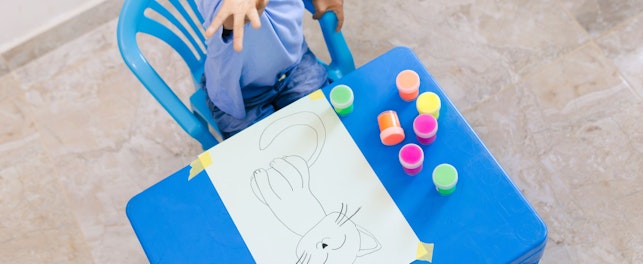SG 135/22
Ukraine has issued a new piece of legislation on food contact materials and articles. The new law entered into force on November 20, 2022, and many of the provisions will apply from November 19, 2025.
On November 19, 2022, Ukraine issued Law No. 2718-IX of November 3, 2022 ‘On Materials and Articles Intended to Come into Contact with Food’ in the Voice of Ukraine (Голос України - No. 236). This comprehensive piece of legislation contains elements from several pieces of legislation on food contact materials and articles from the European Union (EU):
- Regulation (EC) 1935/2004 (Framework Regulation, consolidated version to March 2021)
- Regulation (EC) 2023/2006 (Good Manufacturing Practice (GMP), consolidated version to April 2008)
- Regulation (EC) 450/2009 (Active and Intelligent Materials and Articles)
Highlights of Law No. 2718-IX on food contact materials and articles are summarized in Table 1
| Section to Law No. 2718-IX | Highlight |
|---|---|
| Section I 'General Provisions' |
|
| Section II Requirements for Materials and Articles |
|
| Section III ‘State Registration of Articles’ |
|
| Section IV ‘Marking, Declaration of Conformity and Ensuring Traceability of Materials and Articles’ |
|
| Section V ‘Good Manufacturing Practice’ |
|
| Section VI ‘State Control Responsibility’ |
|
Table 1
The new law contains several important dates:
- November 20, 2022, for date of entry into force – the day following its publication
- November 19, 2025, for provisions in the law other than those indicated below – three years from the date of publication
- November 20, 2022, for clauses 2, 4 and 5 to Section VII ‘Final and Transitional Provisions’ (except for a few paragraphs under clause 4 which will become effective on November 19, 2025)
| Entry No. | Food Contact Material |
|---|---|
| 1 | Active materials and articles |
| 2 | Intelligent materials and articles |
| 3 | Adhesives |
| 4 | Ceramics |
| 5 | Cork |
| 6 | Rubber |
| 7 | Glass |
| 8 | Ion-exchange resin |
| 9 | Metals and alloys |
| 10 | Paper and cardboard |
| 11 | Plastics |
| 12 | Printing inks |
| 13 | Regenerated cellulose |
| 14 | Silicones |
| 15 | Textiles |
| 16 | Varnishes and coatings |
| 17 | Wax |
| 18 | Wood |
Table 2
SGS technical experts have extensive knowledge and testing experience in materials and articles in contact with food. They work to ensure that your products meet the appropriate regulations for food contact materials, paving the way for compliance. From overall migration tests to expert advice on emerging regulations, compliance issues and documentation review, SGS is the partner to trust. In the end, it’s only trusted because it’s tested. Discover more on our website and read our brochure.
For enquiries, please contact:
Dr. Hingwo Tsang
Global Information and Innovation Manager
t: +852 2774 7420
© SGS Société Générale de surveillance SA- 2022 - All rights reserved - SGS is a registered trademark of SGS Société Générale de surveillance SA. This is a publication of SGS, except for 3rd parties’ contents submitted or licensed for use by SGS. SGS neither endorses nor disapproves said 3rd parties contents. This publication is intended to provide technical information and shall not be considered an exhaustive treatment of any subject treated. It is strictly educational and does not replace any legal requirements or applicable regulations. It is not intended to constitute consulting or professional advice. The information contained herein is provided “as is” and SGS does not warrant that it will be error-free or will meet any particular criteria of performance or quality. Do not quote or refer any information herein without SGS’s prior written consent.



